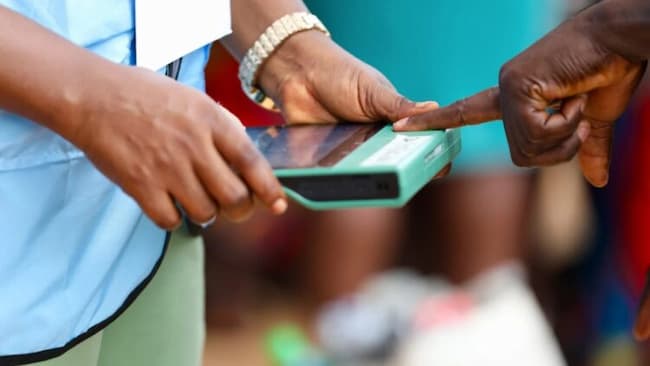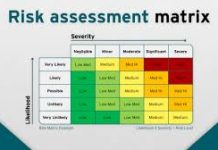After the presidential and National Assembly elections, concerns have been raised about the effectiveness of the Independent National Electoral Commission’s (INEC) Bimodal Voter Accreditation System (BVAS) and INEC Result Viewing Portal (IReV), which were utilized to improve the electoral process.
During the recently completed presidential and National Assembly elections, the Independent National Electoral Commission’s Bimodal Voter Accreditation System and INEC Result Viewing Portal fell short of expectations.
The fact that BVAS and IReV performed poorly in the 2023 presidential and National Assembly elections, as some of the candidates have already moved to challenge the results in court.
In their first national deployment, BVAS and IReV did not assist the electoral process they were designed for; instead, they have increased concerned about the credibility of the elections in 2023.
Using fingerprints and facial recognition technology, the BVAS system enables voter identification and accreditation. IReV is a website where polling unit-level results are uploaded, transmitted, and made accessible to the public for viewing.
IReV increases the openness and integrity of the electoral process by enabling users to register for individual accounts and track uploaded results.
In 2020, IReV was used for the first time at the Nasarawa Central by-election. Since then, it has reportedly been used in 105 elections with 16,694,461 registered voters. There have been 32,935 results sheets (Form EC8A) uploaded thus far from polling places in both urban and rural areas.
By accrediting voters via fingerprint and facial recognition and removing manual voter identification and accreditation in 2021, INEC implemented BVAS as a way to combat the issue of over-voting. When this happened, BVAS replaced card readers that had misread permanent voter cards.
BVAS had a lot of issues when it was first introduced. On September 10, 2021, Delta State held a by-election for the Isoko South Constituency 1, and during its first deployment, presiding officers reportedly complained that the machine had trouble capturing the thumbs and faces of some voters.
The presidential and National Assembly elections on February 25, 2023, were afflicted by the same issues, suggesting INEC did not learn from its initial technical glitch.
In addition to many BVAS devices not successfully capturing votes, the IReV platform also frequently malfunctioned in polling places.
Rivers State governor, Nyesom Wike, was initially bypassed by the BVAS, who declared, “We are highly disappointed. According to INEC, BVAS are operational and they are prepared for the election. You can see the crowd here; I doubt that most of them will be able to cast a ballot due to the BVAS’s sluggish operation”.
Voters were disenfranchised as a result of numerous other polling places across the nation recording faulty BVAS. The device was unable to prevent excessive voting, which resulted in the cancellation of the results as numerous polling places recorded excessive voting.
Yakubu Mahmoud, the chairman of INEC, promised before this election that the results would be posted on its website so that people could follow the polls in actual time.
The chief of the nation’s electoral commission stated that the results would be recorded using BVAS and uploaded in PDF format to the portal.
According to him, “The BVAS confirms that the cards issued by the commission and presented by the voter are genuine. The voter is authenticated using the fingerprint and, in cases where it failed, the facial.














